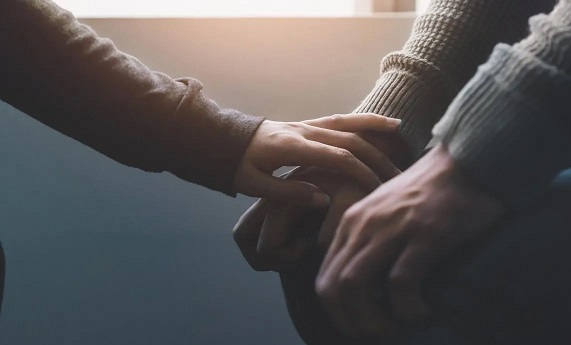The Impact of Depression on Your Sense of Humor
Depression is a prevalent mental health ailment impacting countless individuals on a global scale. Its effects span across various dimensions of a person’s life, encompassing their emotions, cognitive functions, and behaviors.
While numerous aspects influenced by depression are discussed, one aspect that tends to remain unexplored is an individual’s sense of humor.
This article delves into the intricate interplay between depression and an individual’s sense of humor, dissecting how depression can modify or diminish the ability to perceive and enjoy humor.
The Essence of Humor
Humor stands as a ubiquitous facet of human existence, functioning as a medium of communication, fostering connections, and providing emotional relief.
It’s a multifaceted phenomenon involving a spectrum of cognitive processes, including the detection of incongruities, generating surprise, and the capacity to derive amusement from diverse situations.
Humor plays a role in alleviating stress, enhancing social bonds, and contributing to overall well-being. However, the influence of depression on one’s sense of humor can disrupt these benefits, introducing additional challenges.
Emotional Bluntness and Diminished Positive Emotions
Depression is characterized by enduring feelings of sorrow, emptiness, and a general lack of interest or pleasure in activities.
These emotional states can lead to a reduced ability to experience positive emotions, including the joy of humor.
Individuals dealing with depression might encounter difficulty in experiencing genuine laughter, amusement, or delight, as the condition hampers their emotional responses, leading to an overall emotional numbing.
Negative Cognitive Bias and Altered Perspectives
Depression frequently distorts an individual’s outlook on the world, fostering a negative cognitive bias. People grappling with depression might incline toward interpreting situations and events through a pessimistic and self-critical lens.
This cognitive bias can extend to humor, making it challenging for individuals to detect and appreciate comedic elements.
Jokes may be misconstrued, self-deprecating humor might be magnified, and the capacity to find light-heartedness in everyday occurrences could be significantly curtailed.
Erosion of Interest and Reduced Engagement
Depression often drains motivation and interest in once-enjoyed activities. This loss of interest can extend to engaging with or seeking out humor.
Individuals dealing with depression might retreat from social interactions involving humor or comedy, as summoning the energy or enthusiasm to partake becomes a challenge.
This withdrawal further isolates them from the advantages of humor, deepening the cycle of emotional detachment and reduced engagement.
Self-Critical Thoughts and Diminished Playfulness
Depression can foster self-critical thoughts and a negative self-perception. Individuals grappling with depression may confront low self-esteem and a dearth of self-worth, which can hinder their ability to engage in playful and light-hearted activities, including humor.
The inner dialogue marked by self-criticism and negative self-talk can dampen their inclination to embrace and express humor, as it might appear incongruous with their perceived identity or value.
Adaptive Coping and Humor
Despite depression’s potential to dim one’s sense of humor, it’s imperative to acknowledge that humor can also function as a coping mechanism for dealing with depressive symptoms.
Adaptive humor, such as discovering humor in adversity or employing it as a conduit for emotional expression, can bolster emotional resilience and foster psychological well-being.
Seeking out positive and uplifting forms of humor, such as comedy shows or amusing content, can aid individuals in navigating the challenges of depression.
The Role of Treatment and Recovery
Recognizing and addressing depression’s impact on one’s sense of humor assumes significance in the journey to recovery.
Seeking professional assistance, such as therapy or counseling, can assist in managing depressive symptoms and reinstating emotional well-being, which could, in turn, enhance the ability to appreciate humor.
Treatment methodologies, like cognitive-behavioral therapy, can address negative cognitive biases, aiding individuals in reframing their perceptions to be more receptive to humor and positive emotions.
Support and Connection
Constructing a support system and forging connections with those who grasp the intricacies of depression can create a nurturing environment for humor to flourish.
Sharing laughter, participating in light-hearted conversations, and engaging in social activities that promote humor can cultivate a sense of belonging and contribute to overall emotional well-being.
In Conclusion
Depression’s impact on an individual’s sense of humor represents a multifaceted and frequently unexamined facet of the condition.
Emotional dullness, negative cognitive biases, waning interest, and self-critical ideation can all contribute to a diminished ability to perceive and relish humor.
Nonetheless, through effective treatment, adaptive coping mechanisms, and social support, individuals can gradually restore their sense of humor, permitting laughter and amusement to once more become wellsprings of joy and emotional well-being in their lives.

